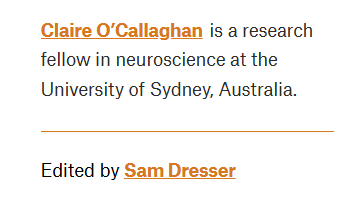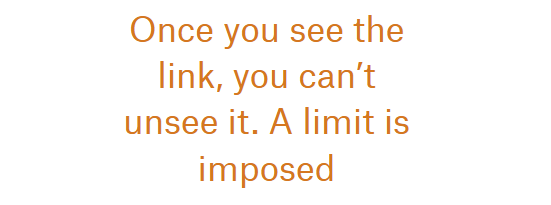Metaphors open up our minds - but can also shut them down
 The best analogies in poetry and science really crackle, but when do they expand our thinking and when do they constrain it?
https://psyche.co/ideas/metaphors-open-up-our-minds-but-can-also-shut-them-down
The best analogies in poetry and science really crackle, but when do they expand our thinking and when do they constrain it?
https://psyche.co/ideas/metaphors-open-up-our-minds-but-can-also-shut-them-down


Don’t google it: do elephants have toes? That’s the question that somehow arose in conversation with my friend recently, and which thoroughly stumped us. We decided to resist the modern recourse to take to the internet to immediately answer the question and instead indulged in a meandering, unbounded, elephant-toe-filled conversation, the equivalent of simply wandering to try and find a place rather than google-mapping it.
The answers to most questions are at our fingertips these days, in a few taps of our smartphones. We spend less time tossing around questions and playing with problems. There’s less of a chance to merely wonder about things. Of course, there are some major perks. Knowing the ‘right’ answer can propel us into a whole new realm of knowledge, one that might have otherwise been unreachable, like discovering a seam in a gold mine. Whichever way you look at it, these information stores, just a few clicks away, have changed the shape of our thinking – both constraining it and expanding it.
While googleability might have profoundly changed the shape of our thinking, there is another thing that has the same oxymoronic ability to both close down and open up our thinking: analogy, which is underwritten by the humble simile or its bolder sibling, metaphor. Where analogy draws out a comparison between one thing and another, simile modestly proposes one thing is like another thing, and metaphor pulls no punches – one thing is the other thing. Together, their double-edged sword cuts through poetry and science.

Poetic analogies can really crackle when two unlike things are joined and you can’t imagine they ever went unjoined in the first place. How could a hippo surfacing and the thought-laden eyes of a reader, emerging from her pages, have gone uncoupled for so long? As rectified by the Australian poet Les Murray in ‘Dreambabwe’ (1996):

snip




